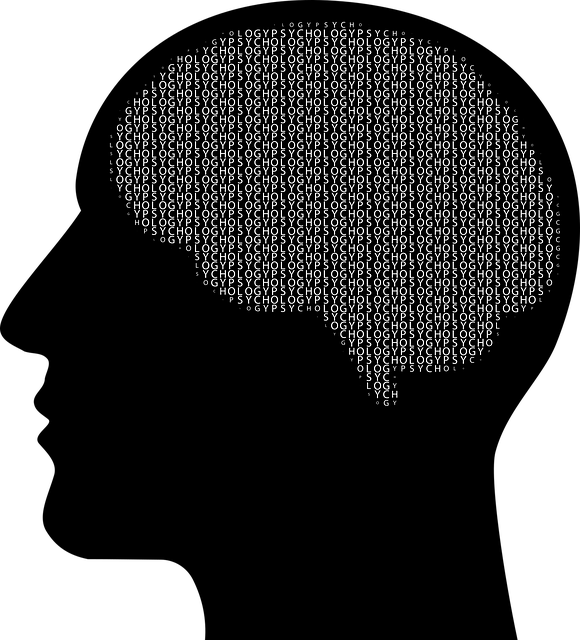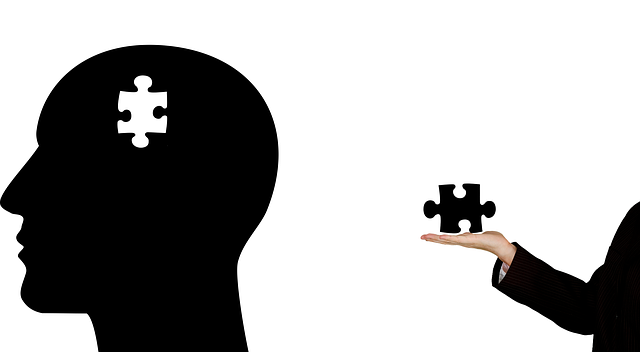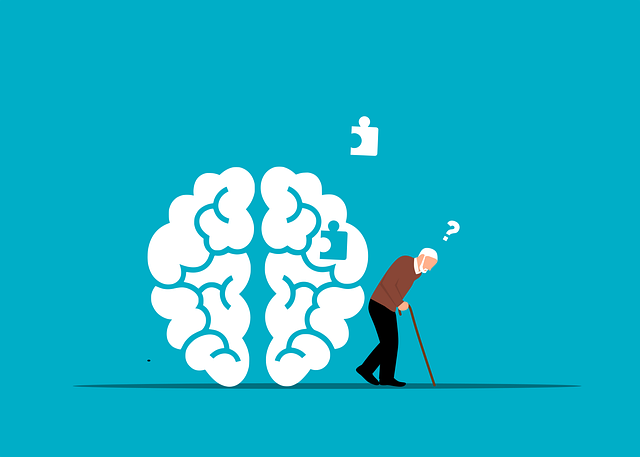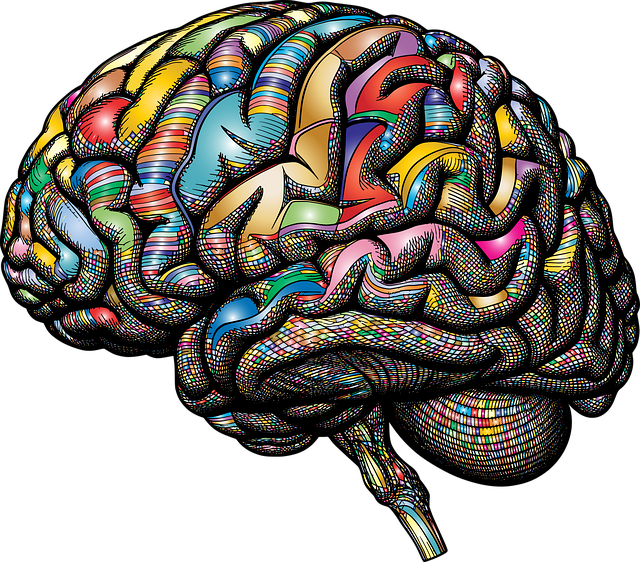Children express stress uniquely through behavioral and physical signs like irritability, social withdrawal, academic struggles, headaches, or sleep issues. Early detection is crucial for supporting their well-being. Cognitive Processing Therapy (CPT) effectively manages childhood stress by teaching negative thought pattern reframing. Engaging with healthcare providers specializing in CPT equips parents, caregivers, and educators with tailored strategies to enhance children's resilience through mental health education. Teachers play a vital role in modeling healthy coping strategies, advocating for Mental Health Policy Analysis, and incorporating simple techniques into daily routines, empowering kids to navigate life's challenges with enhanced emotional control and resilience.
Stress management techniques are essential tools for teaching children to navigate life’s challenges. This comprehensive guide explores effective strategies, focusing on Cognitive Processing Therapy (CPT), a powerful approach in helping kids manage stress. We delve into recognizing stress signs and triggers in children, practical CPT-based techniques, and integrating therapy into daily routines for long-term resilience. By understanding and addressing child stress, we empower them to thrive.
- Understanding Stress in Children: Recognizing Signs and Triggers
- Cognitive Processing Therapy: A Powerful Tool for Stress Management
- Practical Techniques to Teach Children Effective Stress Management
- Integrating Therapy into Daily Routines: Long-term Strategies for Kids
Understanding Stress in Children: Recognizing Signs and Triggers

Children experience stress just like adults, but their responses and expressions can be different. It’s crucial for parents, caregivers, and educators to learn and recognize signs of stress in kids, as early detection enables effective intervention and support. Stress in children often manifests through behavioral changes, such as increased irritability, withdrawal from social activities, or sudden academic declines. Physical symptoms may include headaches, stomachaches, sleep disturbances, or changes in appetite.
Identifying triggers is equally vital. Common stressors for kids can range from academic pressures and peer relationships to family dynamics, major life changes, or even excessive screen time. Cognitive Processing Therapy (CPT) has emerged as a beneficial approach for managing childhood stress by helping children understand and reframe negative thoughts and beliefs. Engaging with a healthcare provider who specializes in CPT or other evidence-based therapies can offer valuable tools and strategies tailored to each child’s unique needs, enhancing their overall well-being and resilience through effective mental health education programs design.
Cognitive Processing Therapy: A Powerful Tool for Stress Management

Cognitive Processing Therapy (CPT) is a highly effective approach for teaching stress management techniques, particularly to children. It focuses on identifying and changing negative thought patterns that contribute to stress, anxiety, or even burnout prevention. By understanding how their thoughts influence emotions and behaviors, young individuals can develop healthier coping mechanisms and enhance their mental health awareness.
CPT offers valuable crisis intervention guidance, helping children navigate challenging situations with increased resilience. Through this therapy, they learn to challenge distorted thinking, replace negative thoughts with more realistic and positive ones, and subsequently reduce the physiological responses associated with stress. This process empowers them to better manage their emotional reactions, fostering a sense of calm and control in stressful circumstances.
Practical Techniques to Teach Children Effective Stress Management

Teaching children effective stress management techniques is a crucial aspect of their overall development and mental health. Young minds are susceptible to stress, and early intervention through practical strategies can significantly impact their future well-being. One powerful approach is Cognitive Processing Therapy (CPT), which helps kids understand and manage their emotions by identifying and challenging negative thought patterns. This therapy encourages children to replace unhelpful thoughts with more positive and realistic ones, thereby reducing anxiety and stress.
Incorporating CPT or similar therapeutic methods into educational settings can foster a culture of mental wellness. Teachers play a vital role in modeling healthy coping strategies and providing safe spaces for students to express their feelings. Simple techniques like deep breathing exercises, mindfulness activities, and regular physical movement breaks can make a substantial difference in stress reduction methods. Moreover, promoting open conversations about emotional well-being contributes to a comprehensive Mental Health Policy Analysis and Advocacy approach, ensuring that children receive the support they need to navigate life’s challenges.
Integrating Therapy into Daily Routines: Long-term Strategies for Kids

Incorporating therapy into a child’s daily routine can be a powerful long-term strategy for stress management. Cognitive Processing Therapy (CPT) is one such therapeutic approach that focuses on helping kids understand and manage their emotions and thoughts, especially in stressful situations. By integrating CPT or similar techniques, parents and caregivers can support children in developing essential coping skills and emotional regulation abilities. This process involves teaching them to identify and challenge negative thought patterns and replace them with more positive and realistic ones.
Regular practice of these strategies enables kids to build empathy and better understand themselves and others, fostering a sense of calm and resilience. It’s about making therapy an accessible part of their everyday lives, allowing them to navigate stress in healthy ways as they grow. This long-term approach empowers children to become more self-aware and equipped to handle various challenges, ensuring they can maintain good mental health even during intense or demanding periods.
Teaching children effective stress management techniques, such as Cognitive Processing Therapy (CPT), empowers them to navigate life’s challenges with resilience. By recognizing signs and triggers of stress, integrating CPT into daily routines, and employing practical tools, parents and caregivers can foster healthy coping mechanisms in children. This holistic approach ensures kids develop long-term strategies to manage stress, enhancing their overall well-being and fostering a brighter future.








